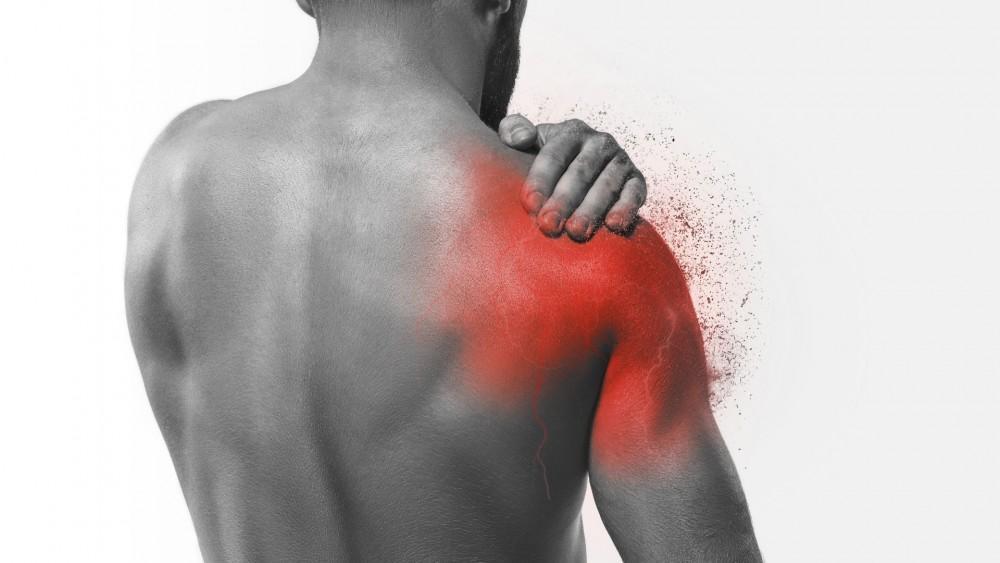Traditional Chinese Medicine for Frozen Shoulder

Frozen shoulder, medically known as adhesive capsulitis, is a condition characterized by stiffness, pain, and limited range of motion in the shoulder joint. Traditional Chinese Medicine (TCM) combined with acupuncture offers a holistic and effective approach to alleviate symptoms and restore mobility in individuals grappling with this challenging condition.
Understanding Traditional Chinese Medicine:
In the realm of Traditional Chinese Medicine, the body is perceived as an interconnected system where the flow of Qi (vital energy) and the balance of Yin and Yang energies are fundamental to health. Frozen shoulder, according to TCM principles, is often associated with stagnation of Qi and blood circulation, resulting in pain and stiffness in the shoulder joint. Acupuncture, a key component of TCM, aims to restore the flow of Qi, promoting healing and alleviating discomfort.Acupuncture for Frozen Shoulder:
Acupuncture involves the insertion of fine needles into specific points on the body to stimulate Qi flow and address imbalances. For individuals experiencing frozen shoulder, acupuncture sessions target points related to the shoulder, neck, and meridians associated with the affected area. Research shows that acupuncture enhances blood circulation, reduces inflammation, and triggers the release of natural pain-relieving substances, providing relief for frozen shoulder symptoms.
Alleviating Pain and Restoring Mobility:
One of the primary challenges with frozen shoulder is the debilitating pain and restricted movement it causes. Acupuncture addresses these issues by promoting the body’s natural healing mechanisms. By releasing tension in the muscles and facilitating improved circulation, acupuncture helps alleviate pain and gradually restores mobility to the shoulder joint.
